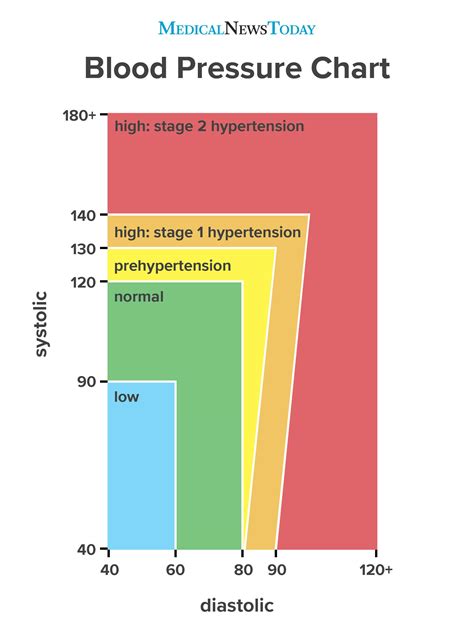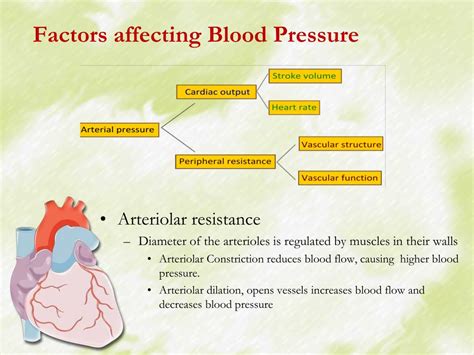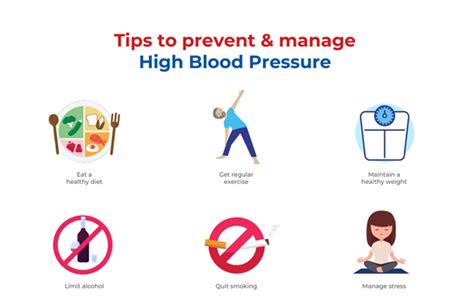Intro
Discover the ideal good blood pressure range, normal BP levels, and healthy blood pressure targets to maintain cardiovascular wellness, reducing hypertension and hypotension risks.
Maintaining a healthy blood pressure is crucial for overall well-being, as it plays a significant role in preventing cardiovascular diseases, strokes, and kidney damage. Blood pressure is the force exerted by blood against the walls of arteries, and it is measured in millimeters of mercury (mmHg). The importance of understanding blood pressure ranges cannot be overstated, as it helps individuals take proactive steps to manage their health and reduce the risk of complications. In this article, we will delve into the world of blood pressure, exploring the ideal range, factors that influence it, and practical tips for maintaining a healthy blood pressure.
The concept of blood pressure is not new, but its significance has become more pronounced in recent years due to the increasing prevalence of hypertension, also known as high blood pressure. Hypertension is a silent killer, often going unnoticed until it causes severe damage to vital organs. Therefore, it is essential to understand the different blood pressure ranges, including normal, elevated, and high blood pressure, to take preventive measures and seek medical attention when necessary. By doing so, individuals can significantly reduce their risk of developing cardiovascular diseases and improve their overall quality of life.
Understanding blood pressure ranges is not just about knowing the numbers; it is also about recognizing the factors that influence blood pressure and taking steps to manage them. Factors such as age, lifestyle, diet, and genetics all play a role in determining blood pressure, and being aware of these factors can help individuals make informed decisions about their health. Furthermore, regular blood pressure monitoring can help identify potential issues early on, allowing for timely interventions and preventing long-term damage. With the right knowledge and tools, individuals can take control of their blood pressure and reduce their risk of developing related complications.
What is a Good Blood Pressure Range?

Understanding Blood Pressure Categories
The American Heart Association (AHA) defines several blood pressure categories, including: * Normal blood pressure: Less than 120/80 mmHg * Elevated blood pressure: 120-129/80 mmHg * Stage 1 hypertension: 130-139/80-89 mmHg * Stage 2 hypertension: 140 or higher/90 or higher mmHg Understanding these categories can help individuals identify their blood pressure range and take necessary steps to manage it.Factors that Influence Blood Pressure

Tips for Maintaining a Healthy Blood Pressure
Maintaining a healthy blood pressure requires a combination of lifestyle changes and medical interventions, if necessary. Some tips for maintaining a healthy blood pressure include: * Engaging in regular physical activity, such as walking or jogging * Eating a balanced diet that is low in sodium and saturated fats * Practicing stress-reducing techniques, such as meditation or yoga * Getting adequate sleep and maintaining a healthy weight * Quitting smoking and limiting alcohol consumption * Monitoring blood pressure regularly and seeking medical attention if necessaryThe Importance of Blood Pressure Monitoring

How to Monitor Blood Pressure
Monitoring blood pressure is relatively simple and can be done at home using a blood pressure monitor. Some tips for monitoring blood pressure include: * Using a high-quality blood pressure monitor that is calibrated regularly * Taking readings at the same time each day * Sitting comfortably with your back supported and feet flat on the floor * Avoiding caffeine, nicotine, and exercise for at least 30 minutes before taking a reading * Taking multiple readings and averaging the resultsManaging High Blood Pressure

Lifestyle Changes for Managing High Blood Pressure
Lifestyle changes can play a significant role in managing high blood pressure. Some lifestyle changes that can help include: * Eating a diet that is low in sodium and saturated fats * Engaging in regular physical activity, such as walking or jogging * Practicing stress-reducing techniques, such as meditation or yoga * Getting adequate sleep and maintaining a healthy weight * Quitting smoking and limiting alcohol consumptionConclusion and Next Steps

We invite you to share your thoughts and experiences with blood pressure management in the comments section below. Your feedback and insights can help others who may be struggling with similar issues. Additionally, if you found this article informative and helpful, please consider sharing it with your friends and family who may benefit from this information.
What is the ideal blood pressure range for adults?
+The ideal blood pressure range for adults is less than 120/80 mmHg.
What are the main factors that influence blood pressure?
+The main factors that influence blood pressure include age, lifestyle, diet, genetics, stress, sleep, and physical activity.
How often should I monitor my blood pressure?
+You should monitor your blood pressure regularly, ideally at the same time each day, and take multiple readings to average the results.
